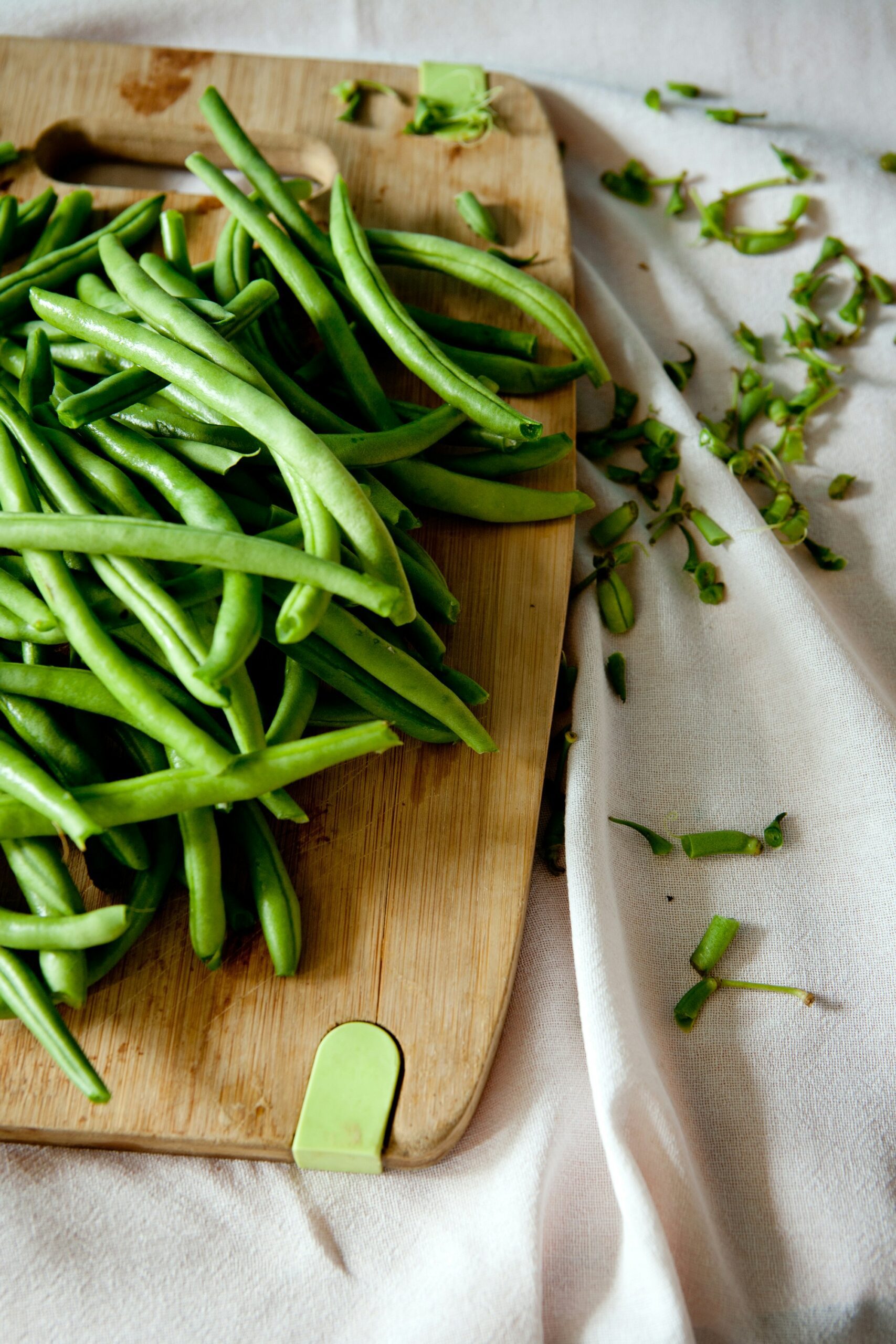

Introduction to Organic Eating
Have you ever wondered where your food really comes from? The journey from farm to table is more than just a phrase—it’s a movement. Organic eating has gained momentum in recent years, capturing the attention of health-conscious individuals and environmentally aware consumers alike. With vibrant produce, rich flavors, and an array of benefits that go beyond mere nutrition, organic foods are making their mark on our plates.
But what does it mean to eat organically? Is it just a trend or something deeper? As we explore the world of organic eating, we will uncover its significance not only for our bodies but also for the planet we call home. Get ready to discover how choosing organic can transform your meals—and perhaps even your lifestyle.
The Importance of Choosing Organic Foods
Choosing organic foods goes beyond mere preference. It’s a commitment to health and wellbeing. Organic produce is often fresher, as it’s grown without synthetic preservatives. This means more nutrients in every bite.
Additionally, many people find that organic options are tastier. The absence of artificial chemicals allows the natural flavors of fruits and vegetables to shine through. You can truly savor the essence of what you’re eating.
Another vital aspect is transparency in farming practices. Organic certification ensures that farmers adhere to strict guidelines regarding soil quality, crop rotation, and biodiversity. Knowing where your food comes from fosters a connection between consumers and producers.
Moreover, selecting organic helps support local economies and small-scale farmers who prioritize sustainable practices over mass production methods. Investing in these products promotes ethical consumption while encouraging healthier ecosystems for future generations.
Environmental Benefits of Organic Farming
Organic farming plays a crucial role in preserving the environment. By avoiding synthetic pesticides and fertilizers, it promotes healthier soil and biodiversity.
Healthy soil is essential for sustainable agriculture. Organic methods enhance soil structure and fertility through natural composting techniques. This leads to greater water retention, reducing the need for irrigation.
Moreover, organic farms often support local ecosystems by providing habitats for various species. Pollinators like bees thrive in these environments, leading to better crop yields.
The reduced use of chemicals also means fewer harmful substances leaching into waterways. This helps maintain clean streams and rivers vital for wildlife.
In essence, organic farming nurtures the planet while producing nutritious food that benefits both consumers and nature alike. It’s a harmonious approach that aligns agricultural practices with ecological health.
How to Incorporate Organic Eating into Your Lifestyle
Start by assessing your current diet. Take note of what you regularly consume. Identify items that can easily be swapped for organic alternatives.
Next, visit local farmers’ markets. These are treasure troves for fresh, organic produce. Engage with the vendors; they often have valuable insights and recommendations.
Gradually replace pantry staples with organic versions. Think about grains, oils, and canned goods. Little changes make a big difference over time.
Consider meal prepping to save time during busy weeks. Use organic ingredients to create healthy meals in advance. This not only saves money but also ensures you’re eating well.
Educate yourself on seasonal produce. Eating what’s in season means fresher options and supports local farms more effectively. Embrace this journey one step at a time; you’ll find it rewarding and flavorful!
Challenges and Misconceptions about Organic Eating
Many people harbor misconceptions about organic eating. One common belief is that organic foods are always significantly more expensive than their conventional counterparts. While some items can be pricier, many affordable options exist.
Another challenge lies in accessibility. Not all regions have easy access to organic produce, making it harder for individuals to choose this lifestyle. It’s important to know where to shop or how to grow your own food.
Some also question the nutritional superiority of organic foods over conventional ones. Research shows mixed results, but many argue that the absence of synthetic pesticides and fertilizers contributes positively to overall health.
There’s a perception that organic farming can’t sustain large populations. However, various studies suggest sustainable practices can indeed meet global food demands without harming the environment. Understanding these challenges can pave the way for informed choices about what we eat every day.
Conclusion: Making the Switch to Organic for a Better Future
Transitioning to organic eating is more than a trend; it’s a lifestyle choice that benefits both individuals and the planet. By opting for organic foods, you’re supporting sustainable farming practices that nourish the earth and reduce harmful chemicals in our diet.
Choosing organic means embracing quality over quantity. The flavors are often richer, and many people report feeling better when they consume less processed food. This shift can lead to healthier habits that extend beyond just what’s on your plate.
It’s important to remember that making this switch doesn’t have to happen overnight. Start small by selecting a few organic items each week or by visiting local farmers’ markets where you can find fresh produce directly from growers.
While there may be challenges—like higher prices or limited availability—the long-term benefits far outweigh these hurdles. Education around organic options continues to grow, dispelling myths and misconceptions along the way.
The movement towards organic eating isn’t just about health; it reflects our collective responsibility toward future generations and our environment. Embracing this change today paves the way for a more sustainable tomorrow—a decision worth considering for anyone looking to make an impact through their daily choices.
